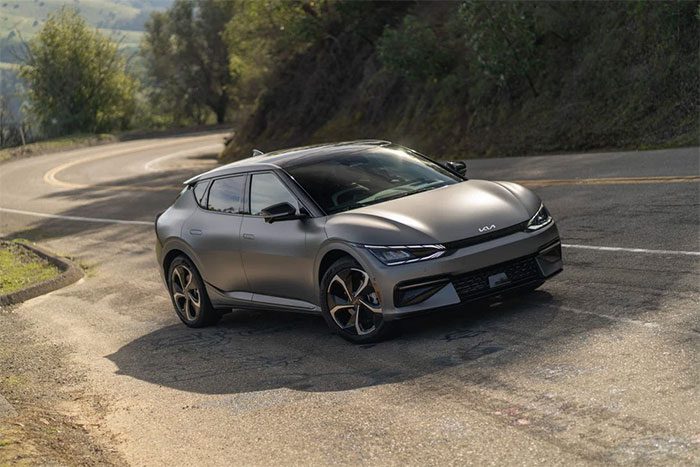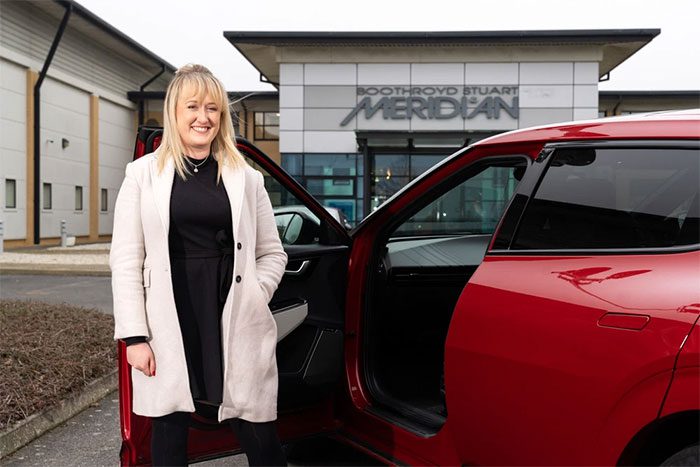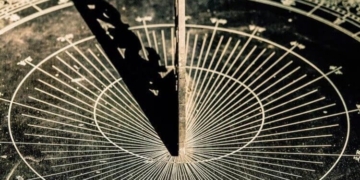One thing that many people may notice is that our emotions are sometimes influenced by our environment; a good example of this is when listening to music. Perhaps because of this, KIA recently conducted a small experiment to assess the impact of music on driver behavior, thereby evaluating the influence when using an electric vehicle model.
According to the research findings, Beethoven’s Symphony No. 9 was rated as the music that helps drivers control their vehicles more effectively, while The Weeknd’s Blinding Lights was found to deplete battery power more quickly.

The vehicle used in the experiment was the KIA EV6 GT-Line S model.
In this experiment, drivers used the KIA EV6 GT-Line S, equipped with 14 Meridian speakers. According to the information gathered, the participants had no prior experience with electric vehicles; they drove the KIA EV6 over a simulated 29 km route reflecting typical road conditions, including traffic jams, residential streets, wide and open roads, and winding paths.
All drivers listened to a predetermined playlist at the same volume level and audio settings.
The playlist used for the experiment included the following tracks: Awake (by Tycho), Hello (by Adele), Blinding Lights (by The Weeknd), Nautilus (by Anna Meredith), Fade (by Kanye West), and Symphony No. 9 in D Minor / Op. 125 (by Beethoven).

Fast-paced music affects driving style.
The results indicated that when listening to Beethoven’s classical music, drivers performed up to 4 times more effectively compared to other songs. In contrast, when listening to the fast-paced Blinding Lights by The Weeknd, their effectiveness decreased by 2 times, as drivers tended to accelerate more, consuming more energy and quickly leading to battery depletion.
Finally, Adele’s song Hello, which falls under the ballad genre with a moderate tempo, evoked a more emotional driving style, akin to the song’s transition from gentle to intense.
Over the 29 km route, drivers used an average amount of energy equivalent to traveling 36.17 km. Of the total energy consumed, classical music accounted for 7.7%, ballads for 13.3%, and fast-paced music for 23.6%.

The experiment was conducted under the supervision of an acoustic science expert.
This research was conducted under the supervision of Dr. Duncan Williams, a lecturer in the School of Science, Engineering, and Environment at the University of Salford. She is an expert in acoustic science.
After analyzing the data, Dr. Duncan Williams concluded that: “What we observed in just 2 days of testing is that music can significantly influence the actual driving range when using an electric vehicle. Different songs caused variations in electrodermal activity (EDA) and increased blood flow. This directly impacts driving style, ultimately affecting the vehicle’s range. In summary: If you want to travel further, listen to music like Beethoven or gentle classical pieces. If distance is not a concern, play fast-paced music.”


















































